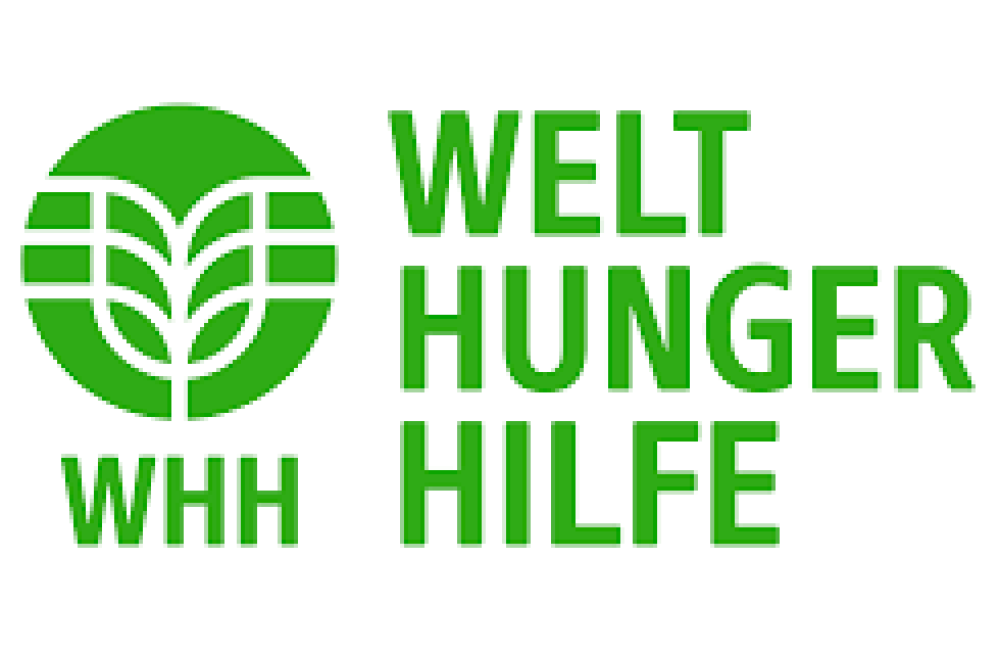Deutsche Welthungerhilfe e.V. is one of the largest private aid organizations in Germany with a dual mandate in both development cooperation and humanitarian response. Welthungerhilfe fights against hunger and works together with civil society organizations in the countries where it operates. Welthungerhilfe’s vision is to create a world in which all people can exercise their right to a self-determined life in dignity and justice, free from hunger and poverty.
WHH has been operational in Nepal since 2012, and currently managing different project in eleven districts under four thematic areas: food and nutrition security, right to food and empowerment, disaster risk reduction, and WASH. WHH’s overall goal is to work hand in hand with civil society in Nepal to empower socially marginalized and economically poor citizens to reinforce their resilience and to ensure their right to adequate food and nutrition.
The project titled “WASH systems strengthening, and behaviour change in the hilly region of Makwanpur district in Nepal” targets two rural municipalities (Raksirang and Kailash) of Makwanpur district, which are geographically remote and are inhabited by the indigenous Chepang community. The living conditions in this area are characterized by high poverty; the livelihood mostly depends on subsistence farming and daily wage labor. Overall, food security and diet diversity are insufficient, resulting in a poor nutritional status of children below the age of 5. Further, the target communities have no sustainable and equitable access to safe drinking water, sanitation, and hygiene facilities. Schools and healthcare centers lack adequate and user-friendly WASH facilities, and menstrual hygiene management is still a taboo. To address these issues, the project aims to improve the health and nutritional status of marginalized communities through strengthened WASH systems and behaviour change. The project's overall duration is until January 2026 and funded by BMZ, Viva con Agua and WHH. Rural Reconstruction Nepal (RRN) is the project implementing partner.
STUDY OBJECTIVES
- A comprehensive study of the springs and spring shed behavior of (at least 100- source per RM) of spring sources.
- Setting up a data monitoring system (for project period).
- Hydrogeological mapping of springs linked with GIS.
- Identify at least four 3R “recharge, retention, and reuse” model intervention areas in two RM.
- Vulnerability analysis of spring sources (to landslides, natural resources and mining, rural road expansion, etc.)
- Understanding the socio-economic, cultural, and governance aspects of springs


